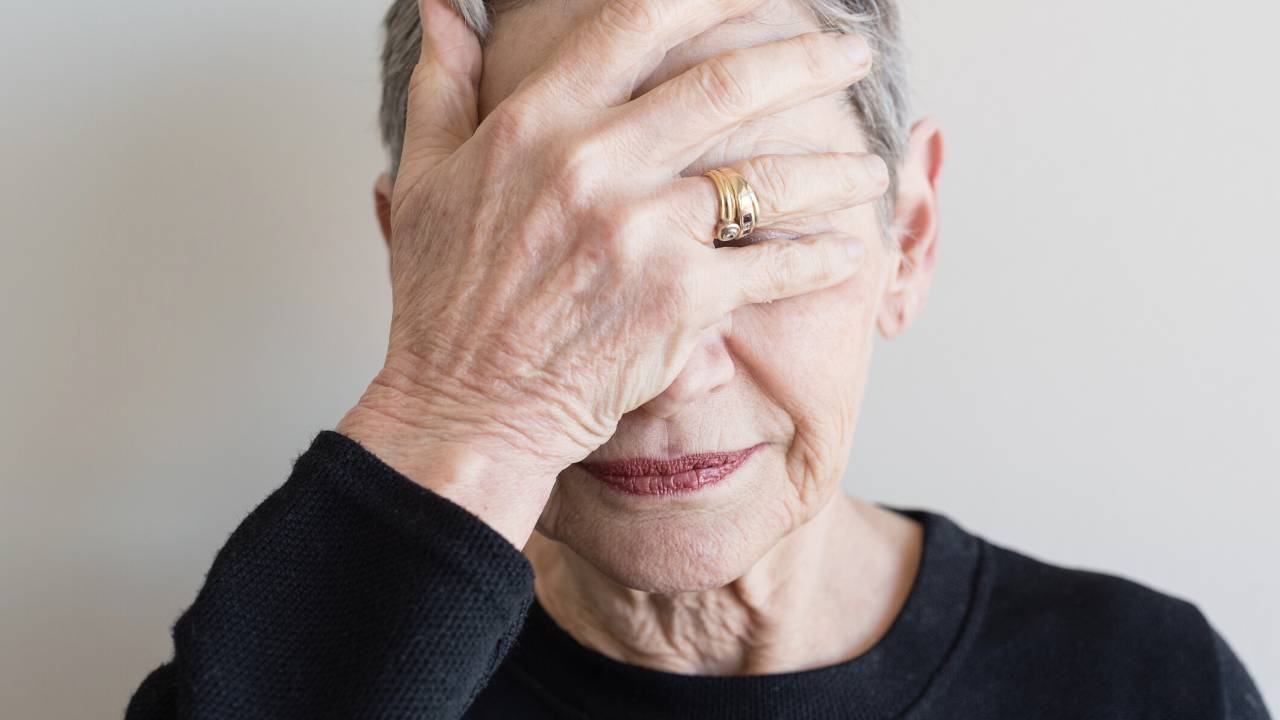“Dear Dr. Koepp, My mom has recently become depressed. She’s 94 and lives alone. She’s seen her internist and is on 10 milligrams of Lexapro. My family and I aren’t sure what we should be doing (if anything). Where should we go from here?”
In today’s episode of the Psychology of Aging Podcast, I talk about older adults and depression. I share what you need to know and how you can help.
And here’s why this is so important.
Depression is the most prevalent mental health condition among older adults. Unfortunately, depression in late life often goes undetected and untreated largely due to the false belief that with age comes depression.
Here’s a peek inside the episode:
- [03:46] Many families don’t know where to start when it comes to their older loved ones and depression. I share where to begin when you notice signs of depression.
- [06:04] Depression is not a normal part of aging. So, it’s really important to know the signs and symptoms of depression in older adults, so you know what to look out for.
- [09:12] I share a personal example of depression in my own life and what I wished I had done differently.
- [10:55] It’s important to start a conversation with your older loved one about depression. I share tips for doing this.
- [13:12] All too often, older adults end up in the pinball machine of the healthcare system. This is where you have an important role.
- [14:44] When depression goes untreated in older adults, there are major consequences.
- [15:45] Learn more about the rates of depression in older adults.
By the end of this episode, you’ll know the signs and symptoms for depression in older adults, you’ll have a roadmap for what to do if you’re worried that your older loved one is depressed, and resources for finding mental health providers for older adults near you.
If you or someone you know is in crisis or struggling with thoughts about harming themselves or others, please reach out to the…
National Suicide Prevention Lifeline at +1 800-273-8255
If you’re concerned that your older loved one may be depressed.
The next steps are as simple as 1,2,3:
- Talk with them about what you’ve been noticing in a compassionate and concerned way
- Encourage them to see their primary care provider to rule out any medical concerns that may be causing these symptoms.
- Help them get connected with a mental health provider who specializes with older adults. Click here to find a provider here.
References:





